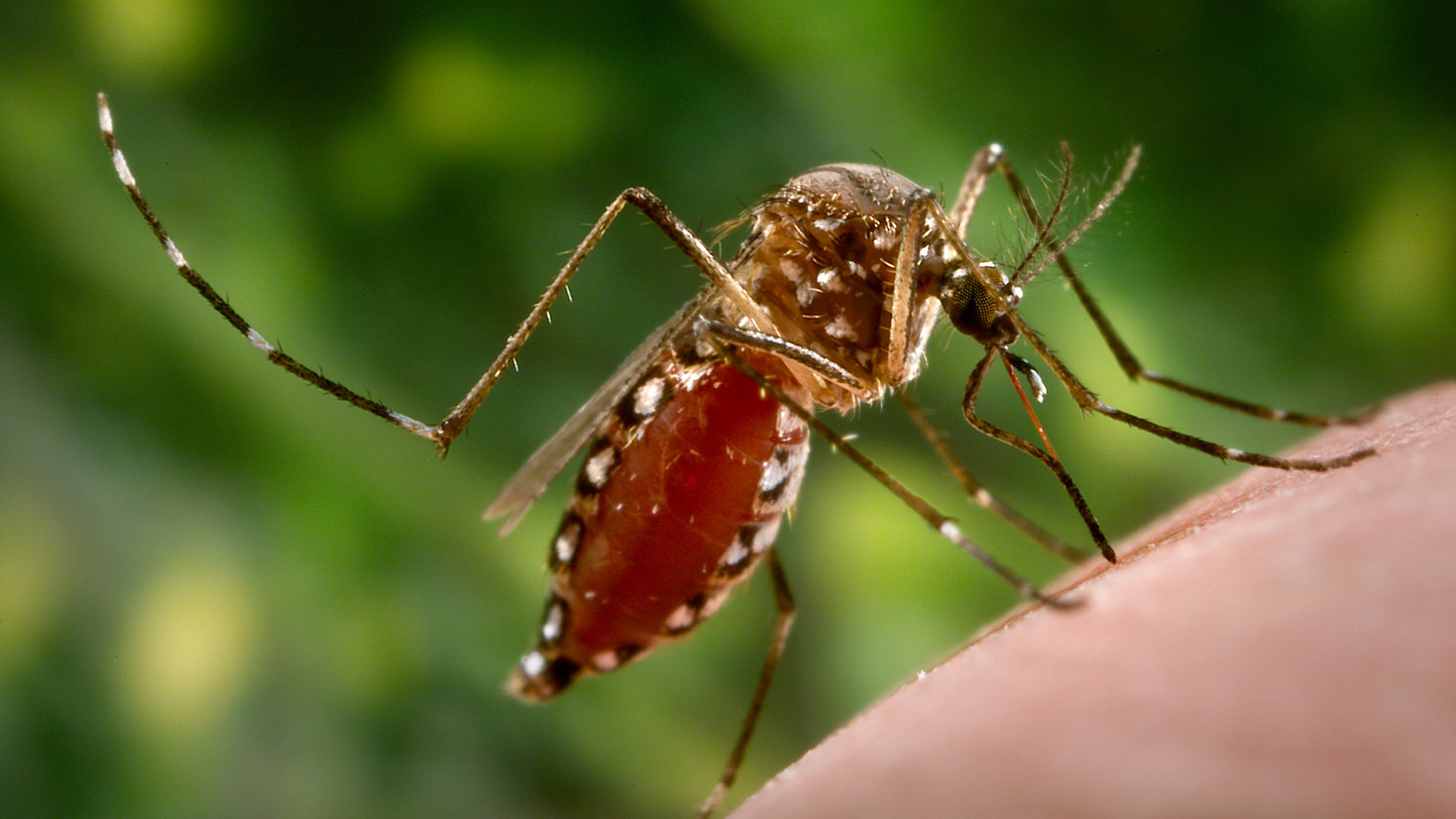
The world's first vaccine to protect against chikungunya virus, which is spread by mosquitoes, was just approved by the U.S. Food and Drug Administration (FDA).
"Infection with chikungunya virus can lead to severe disease and prolonged health problems, particularly for older adults and individuals with underlying medical conditions," Dr. Peter Marks, director of the FDA's Center for Biologics Evaluation and Research, said in the agency's announcement.
The vaccine's approval, announced Thursday (Nov. 9), "addresses an unmet medical need and is an important advancement in the prevention of a potentially debilitating disease with limited treatment options," he said.
Chikungunya — which means "to become contorted" in Kimakonde, a language spoken by the Makonde people in Africa — most commonly causes fever and joint pain. It can also cause headache, muscle pain, joint swelling and rash. The joint pain can be severe but usually goes away in a few days. However, in some instances, that pain lingers for weeks, months or years.
Related: Should we kill every mosquito on Earth?
Rarely, chikungunya infections have caused eye, heart and neurological complications. And in rare cases, the virus can kill. Newborns infected around the time of birth, adults older than 65 years old and people with medical conditions, such as high blood pressure, diabetes or heart disease, face the highest risk of severe symptoms and death, according to the Centers for Disease Control and Prevention (CDC).
The new vaccine, called Ixchiq, is approved for use in people ages 18 and older "who are at increased risk of exposure to chikungunya virus," according to the FDA's approval. It's given as a single-dose injection into the muscle and contains a "live" but weakened version of the virus.
In trials, the most commonly reported side effects were headache, fatigue, muscle pain, joint pain, fever, nausea and tenderness. Notably, about 1.6% of people in the trials developed more severe, chikungunya-like symptoms that interfered with daily activities or required medical attention.
Because of these rare severe effects, "the FDA is requiring the company to conduct a postmarketing study to assess the serious risk of severe chikungunya-like adverse reactions following administration of Ixchiq." It's also not known whether the virus in the vaccine could pass through the placenta to a fetus and cause harm, so the vaccine's label states this in a warning.
Most cases of chikungunya occur in tropical and subtropical regions of Africa, Southeast Asia and parts of the Americas where mosquitoes that carry the virus are widespread, according to the FDA. Cases in the U.S. mostly occur in travelers who've just returned from places where the disease regularly spreads. Between 2014 and 2022, between 30 and 2,800 such travel-related cases were reported in the U.S. each year, CDC data shows.
In 2014 and 2015, though, 12 people in Florida and one in Texas caught chikungunya locally, and there have also been cases of local infection in Puerto Rico and the U.S. Virgin Islands. These states and territories harbor mosquito species that can carry the virus.
That said, no locally-acquired cases have been reported in either U.S. states or territories for the past three years (throughout the COVID-19 pandemic).
Modeling data do suggest chikungunya-carrying mosquitoes could spread to new territories in coming years due to climate change, so the viral disease could theoretically pose a problem in new places in the future.
Ever wonder why some people build muscle more easily than others or why freckles come out in the sun? Send us your questions about how the human body works to community@livescience.com with the subject line "Health Desk Q," and you may see your question answered on the website!


.png?w=600)




